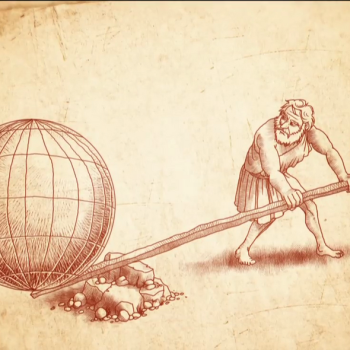George F. Will gives useful background on the worldview that looms behind Barack Obama’s contention that Americans are religious, love guns, and want border control because they are economically oppressed. A sample:
The emblematic book of the new liberalism was “The Affluent Society” by Harvard economist John Kenneth Galbraith. He argued that the power of advertising to manipulate the bovine public is so powerful that the law of supply and demand has been vitiated. Manufacturers can manufacture in the American herd whatever demand the manufacturers want to supply. Because the manipulable masses are easily given a “false consciousness” (another category, like religion as the “opiate” of the suffering masses, that liberalism appropriated from Marxism), four things follow:
First, the consent of the governed, when their behavior is governed by their false consciousnesses, is unimportant. Second, the public requires the supervision of a progressive elite which, somehow emancipated from false consciousness, can engineer true consciousness. Third, because consciousness is a reflection of social conditions, true consciousness is engineered by progressive social reforms. Fourth, because people in the grip of false consciousness cannot be expected to demand or even consent to such reforms, those reforms usually must be imposed, for example, by judicial fiats.










